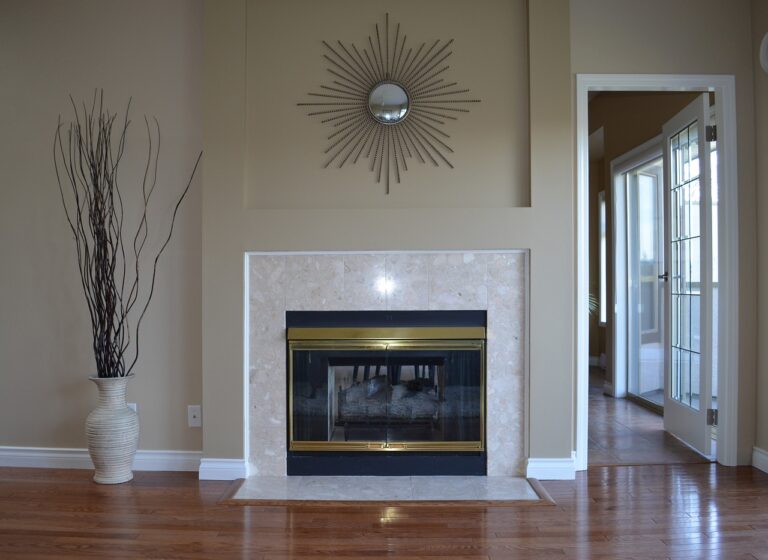How to Improve Home Ventilation in Winter: Goldenexch99, Cricbet99 club.com, King567 login
goldenexch99, cricbet99 club.com, king567 login: During the winter months, it’s crucial to keep your home well-ventilated to prevent moisture buildup, mold growth, and improve overall indoor air quality. Proper ventilation can also help reduce heating costs and improve the overall comfort of your home. If you’re looking to improve home ventilation in winter, here are some tips to help you breathe easy.
1. Open Windows
One of the simplest ways to improve ventilation in your home during winter is to open windows for a few minutes each day. This allows fresh air to circulate, removing stale air and reducing moisture buildup.
2. Use Exhaust Fans
Use exhaust fans in your kitchen and bathroom to remove excess moisture and odors. Make sure to run them for at least 15-20 minutes after cooking or showering to ensure proper ventilation.
3. Invest in a Heat Recovery Ventilator (HRV)
A Heat Recovery Ventilator (HRV) is a ventilation system that brings fresh air into your home while removing stale air. It also helps retain heat, making it an energy-efficient option for winter ventilation.
4. Seal Leaks and Drafts
Check your windows, doors, and vents for leaks and drafts, as these can affect your home’s ventilation. Seal any gaps with caulk or weatherstripping to prevent cold air from entering and warm air from escaping.
5. Use Ceiling Fans
Run ceiling fans in reverse mode to push warm air down to the floor. This can help distribute heat more evenly throughout your home and prevent condensation on windows.
6. Clean Ventilation System
Regularly clean and maintain your ventilation system, including ductwork, filters, and vents. This can help improve air quality, reduce allergens, and ensure proper airflow throughout your home.
7. Avoid Blocking Vents
Make sure furniture, curtains, and other items are not blocking heating vents or air returns. Blocking vents can restrict airflow and reduce the effectiveness of your heating system.
8. Monitor Indoor Humidity Levels
Keep an eye on indoor humidity levels using a hygrometer. Ideally, humidity levels should be between 30-50% to prevent mold growth and ensure a comfortable living environment.
9. Consider a Dehumidifier
If you’re struggling with excess moisture in your home, consider investing in a dehumidifier to help regulate humidity levels and improve ventilation.
10. FAQs
Q: Can I use a humidifier during winter to improve ventilation?
A: While a humidifier can help add moisture to dry winter air, it’s essential to monitor humidity levels to prevent excess moisture buildup.
Q: How often should I change my HVAC filters?
A: It’s recommended to change your HVAC filters every 1-3 months to ensure proper airflow and ventilation in your home.
Q: Is it necessary to ventilate my home in winter?
A: Yes, proper ventilation is essential year-round to maintain good indoor air quality and prevent moisture-related issues.







